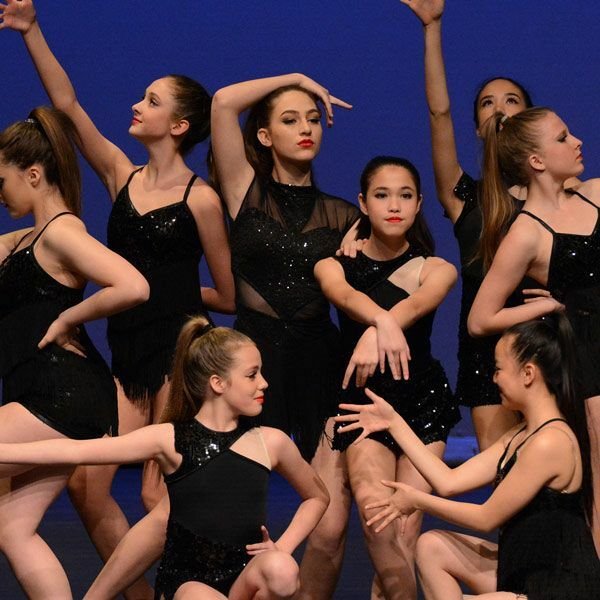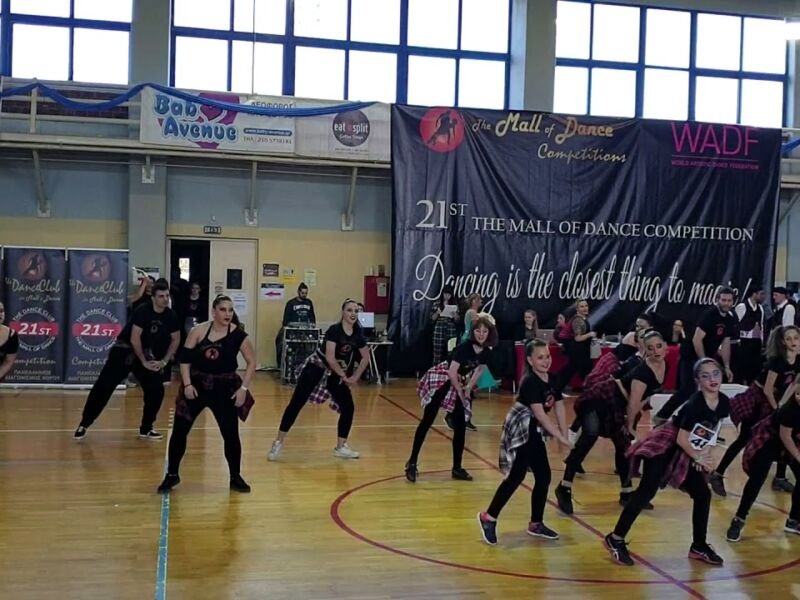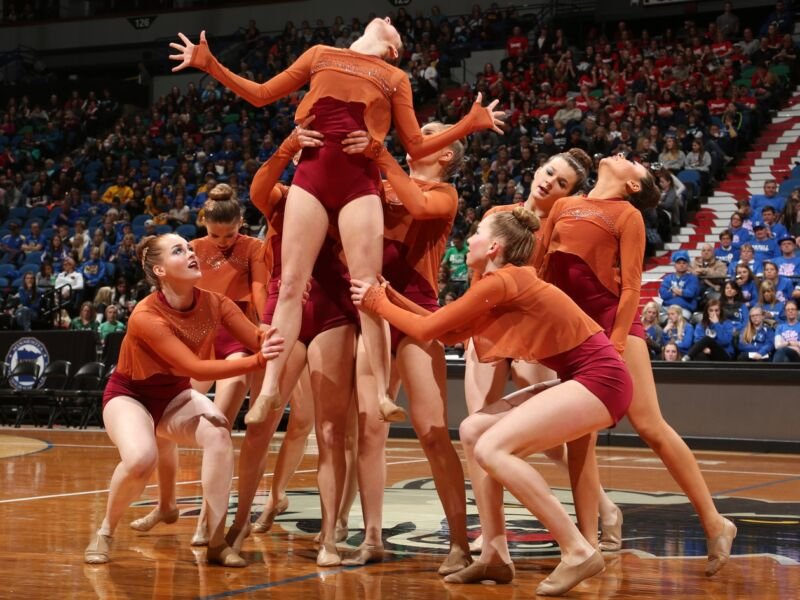
Introduction
Dance competitions have become increasingly popular in recent years, with dancers of all ages and levels of experience participating in these events. They provide a platform for dancers to showcase their skills, compete against others, and receive feedback from industry professionals. However, the question arises: Are dance competitions really worth the investment? In this article, we will explore this topic from various angles and delve into the pros and cons of participating in dance competitions.
The Benefits of Dance Competitions
1. Performance Opportunities and Skill Development
Competing in dance competitions offers dancers the unique opportunity to perform in front of an audience. This allows them to develop their stage presence, gain confidence, and improve their ability to captivate and engage an audience. Furthermore, participating in competitions requires dancers to push themselves and constantly strive for excellence, resulting in significant skill development.

2. Comparing Skills with Peers
Dance competitions bring together dancers from various backgrounds, styles, and skill levels. This allows dancers to assess their own abilities by comparing themselves to their peers. Seeing other talented dancers in action can be a source of inspiration and motivation for improvement.
3. Feedback and Critique
Dance competitions often offer valuable feedback and critique from experienced judges, choreographers, and industry professionals. This feedback can help dancers identify their strengths and weaknesses, refine their technique, and grow as performers.
4. Networking and Building Relationships
Participating in dance competitions provides dancers with the opportunity to connect with other dancers, teachers, choreographers, and industry professionals. These connections can potentially lead to collaborations, job opportunities, and mentorship, furthering their career in the dance industry.
The Potential Drawbacks
1. Financial Investment
Participating in dance competitions can be financially demanding. Dancers may need to cover expenses such as registration fees, costumes, travel, accommodation, and additional training or choreography costs. This financial investment can be a burden for some dancers or their families.

2. Emotional and Mental Stress
Competing in dance competitions can be emotionally and mentally challenging. The pressure to perform well, the potential for disappointment or failure, and the competitive nature of the events can cause stress and anxiety for some dancers. It is important for dancers to have a strong support system and coping mechanisms to navigate these challenges.
3. Time Commitment
Dance competitions require a significant time commitment. Dancers must dedicate hours to rehearsals, choreography, attending classes, and preparing for the competition. This can be challenging for dancers who have other commitments, such as school or work.
Conclusion
The value of participating in dance competitions varies for each individual dancer. While they offer numerous benefits such as performance opportunities, skill development, and networking, dancers must also consider the potential drawbacks, including the financial investment, emotional stress, and time commitment. It is essential for dancers to weigh these factors and make an informed decision based on their goals, aspirations, and personal circumstances.